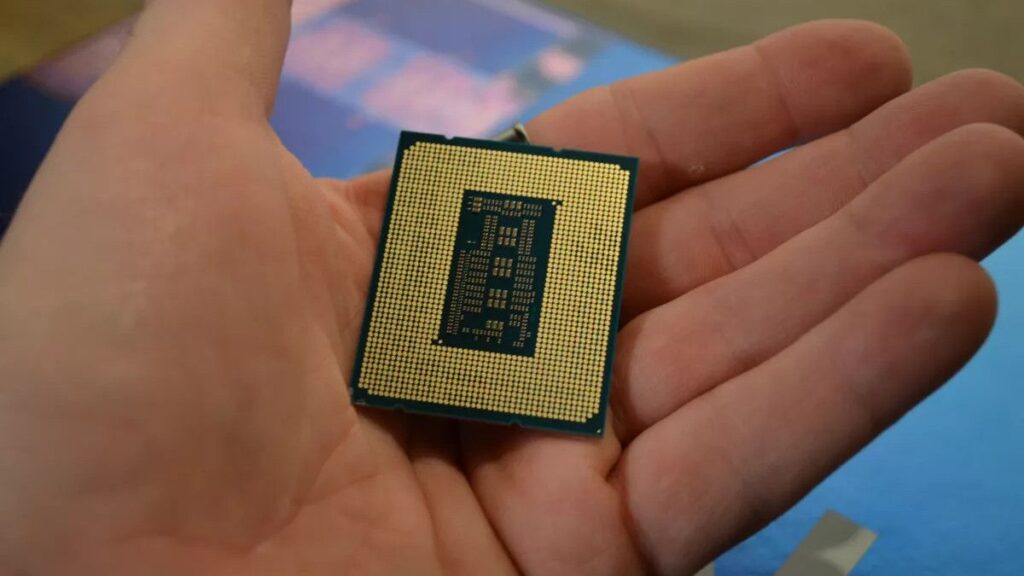Microsoft has just announced DirectSR, a new application programming interface (API) designed in partnership with major GPU manufacturers that will allow game developers to enable “seamless integration of Super Resolution into a new generation of PC games.”
Programmer Joshue Tucker notes in the official blog post that “DirectSR is the missing link developers have been waiting for when approaching SR integration, providing a smoother, more efficient experience that scales across hardware.” Super Resolution is a technique that increases the resolution and visual quality of games by using machine learning and AI to upscale images, reducing the burden on graphics cards which might struggle at higher resolutions like 4K.
The API will enable “multi-vendor SR” through “a common set of inputs and outputs allowing a single code path to activate a variety of solutions including Nvidia DLSS Super Resolution, AMD FidelityFX Super Resolution, and Intel XeSS.” If you’re unfamiliar with any of these technologies, they’re essential tools made by the big three GPU makers that use AI to enhance in-game resolution by creating new frames (or generating additional pixels) that improve the overall image quality with minimal impact on performance.
So, developers will be able to support the DirectSR API and easily integrate upscaling technology from Nvidia, AMD, and Intel, instead of writing specific code for each one.
Sharing is caring
DirectSR, an API created by Microsoft’s DirectX team, seems to offer a more universal solution and should make it easier for games developers to implement super-resolution upscaling tech into their titles, rather than having to work with separate APIs for Nvidia, AMD, and Intel’s own super-resolution tech.
If game makers want to support DLSS, FidelityFX, and XeSS, they could feasibly just use DirectSR now. The time saved by using one API instead of three could be substantial for game devs. This feature works with AMD, Nvidia, and Intel graphics cards, unlike DLSS, which is exclusive to modern Nvidia GPUs. AMD Super Resolution is more versatile and can be used with various brands of graphics cards, as can XeSS, but DLSS remains the most impressive tech at the moment, even though Nvidia doesn’t like the idea of other GPU makers using it (to be fair to Team Green, DLSS does rely on hardware that is exclusive to Nvidia RTX GPUs, which gives it a performance edge).
This could lead to more games supporting DLSS, FidelityFX, and XeSS at the same time, rather than just offering support for only one of those technologies, which is the situation at the moment. Because adding DLSS, FidelityFX, and XeSS are separate and time-consuming processes, many game devs have to pick just one to focus on. DirectSR could change that.
This is also great news for gamers who enjoy tweaking graphics settings to achieve the best performance and image quality on their machines, regardless of what GPU they have. Having more options is a positive thing, and if DirectSR lives up to Microsoft’s claims, we may be closer than ever to seeing universal upscaler support becoming the standard.





